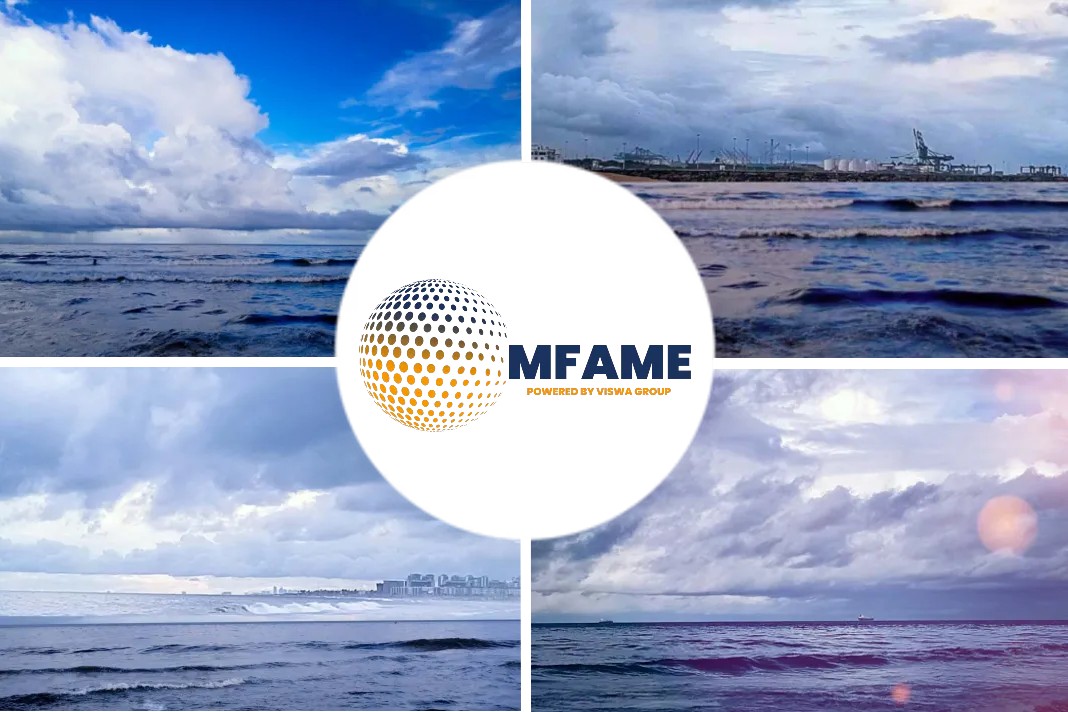
Flag states have become more active in reporting seafarer labour standards in 2022 and 2023, reports DCN citing the International Chamber of Shipping.
2022/23 Shipping Industry Flag State Performance
The ICS published its 2022/23 Shipping Industry Flag State Performance Table on 30 January. The annual publication compiles data on flag states’ performance against different criteria.
The criteria relate to port state control records, ratification of internal conventions and attendance at International Maritime Organization meetings.
The ICS said flag states need to report on labour standards each year as part of their International Labour Organization audit commitments. Some of the labour standards specific to seafarers include repatriation, provision of accommodation, health protection and medical care.
In 2022/23, according to the ICS, almost 68% of flag states reported on their ILO audit commitments, a 25% increase from the previous reporting period where less than 43% of reports were submitted.
Importance of reporting on seafarer wellbeing
The ICS said the increase indicates there is a growing awareness on the importance of reporting on seafarer wellbeing.
“It is promising to see such a large increase in reporting on ILO labour standards,” ICS secretary general Guy Platten said. “Seafarers are a vital cog in the supply chain, making the movement of 90% of global trade possible. Their welfare should be a top priority and by increasing reporting we can identify what we must do to improve standards.”
“As new technologies are introduced on board ships, we must make sure innovation does not come at the cost of safety. By continuing to report on labour standards we can improve working conditions for our seafarers, equip them with the appropriate skills they need to carry out their jobs, and ensure a just transition for all.”
By assessing flag states’ performance each year, the ICS aims to encourage ship owners and operators to communicate with flag states and determine whether a flag state has “sufficient substance” before using it.
The performance table uses red and green markers to indicate whether a flag state has demonstrated positive or negative performance in each criterion (green being positive, red being negative).
Under the port state control record criteria, the ICS focussed on three regimes: the Paris MOU, the Tokyo MOU and the United States Coast Guard.
Negative and positive indicators
A handful of flag states achieved all-green (positive) indicators in 2022/23, namely the Bahamas, Bermuda, Cayman Islands, Denmark, France, Germany, Greece, Isle of Man, Italy, Japan, Liberia, Malta, Marshall Islands, Netherlands, Norway, Panama, Singapore and the United Kingdom.
Australia received two negative indicators, both of which were for port state control regimes (the Paris MOU Whitelist and the Tokyo MOU Whitelist). However, the ICS noted a flag state may not be listed on a port state control whitelist because it does not make any port calls in that region.
Of the flag states which appear to be the lowest performing, one flag state, Togo, received negative indicators across all three port state control regimes.
The ICS noted that among the top 10 largest ship registers (by deadweight tonnage), covering more than 79% of the world’s merchant fleet, only two received a negative indicator. The remaining eight all have positive indicators.
Did you subscribe to our daily Newsletter?
It’s Free! Click here to Subscribe
Source: DCN














